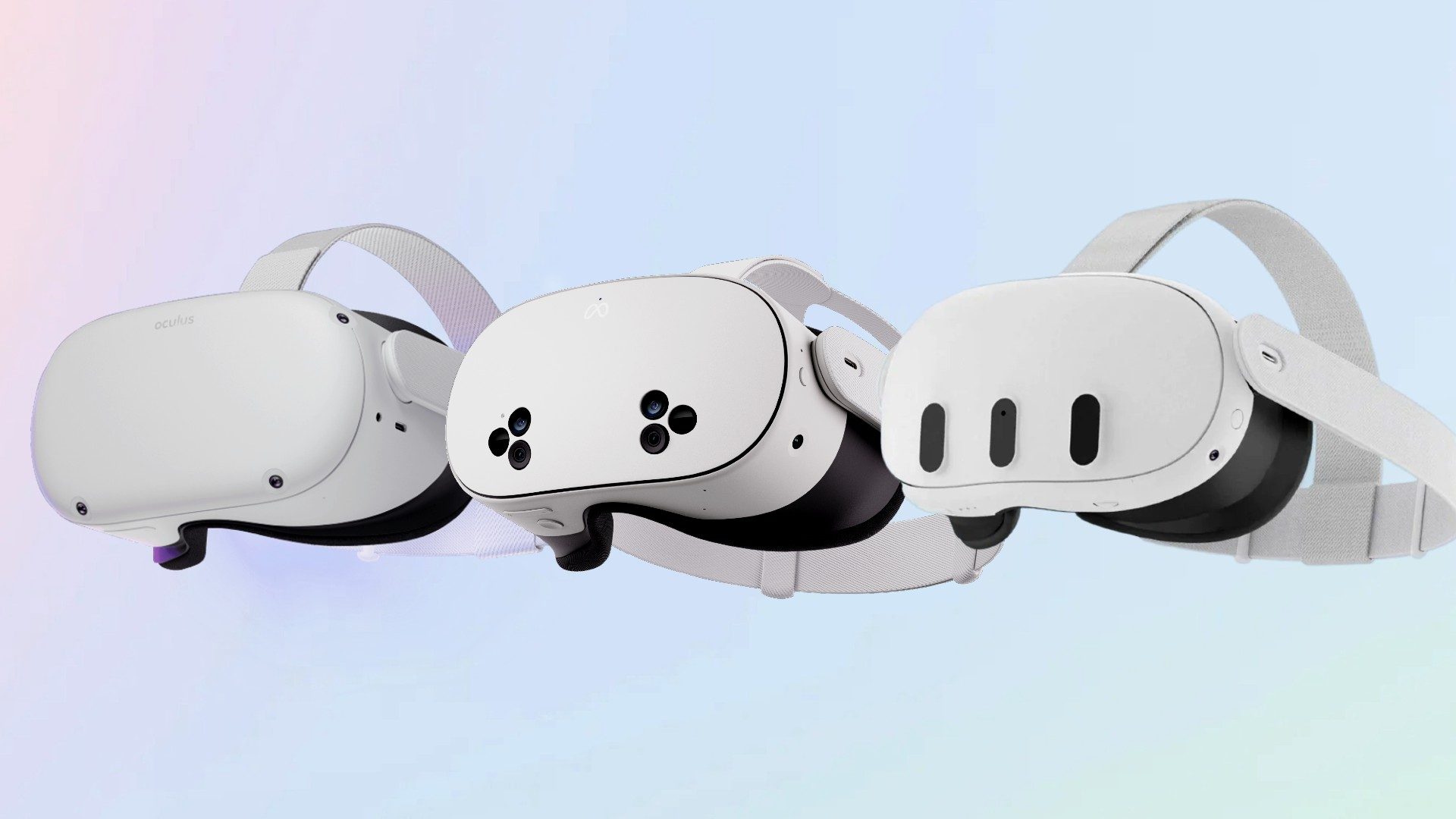Meta Connect again saw its usual torrent of announcements this year, this time including the official unveiling of Quest 3S, as well as its new prototype AR glasses, Orion. Notably missing however was company’s three partner headsets from Asus, Lenovo and Xbox. Where are they?
Back in April, Meta revealed plans to open its Android-based XR operating system Horizon OS to third-party manufacturers for the first time, signaling a monumental shift in the company’s role as the sole headset creator for its XR platform.
At the time, Meta said not only would the company continue to create Quest devices, but the move would be a first big step in becoming the “open model” as an ostensible foil to Vision Pro, vis-à-vis Apple’s patently closed device ecosystem.

While one of the biggest announcements at Connect this year included the unveiling of Quest 3S, a $300 mixed reality headset that the company hopes to bring mixed reality to the masses, Meta didn’t make any mention of those three devices, or when to expect them.
This largely makes sense from a marketing standpoint; Meta wants Quest 3S to have the spotlight right now, and likely also the best chances as the Holiday buying boom sure to come. After all, Quest 3S is now the company’s most affordable in the lineup, coming in a fair sight cheaper than the now discounted Quest 3 512GB model (now $500) and 128GB model ($430), the latter of which is being phased out.
And Meta hopes to appeal to new users and upgraders alike with Quest 3S, which mishmashes Quest 2’s lenses and display with Quest 3’s Qualcomm Snapdragon XR2 Gen 2 chipset and full-color mixed reality capabilities—notably allowing access to mixed reality games and upcoming Quest 3 games, such as Batman: Arkham Shadow and Alien: Rogue Incursion.
This could mean we’ll be waiting until next year to hear more about those partner headsets, provided the company wants to avoid muddying the waters with anything but its own lineup before Holiday season kicks off. When the company finally unveils them though, it will give us a better idea of how they’ll nestle into Meta’s core lineup, which only now includes Quest 3 and Quest 3S, as Quest 2 and Quest Pro have now been discontinued.







